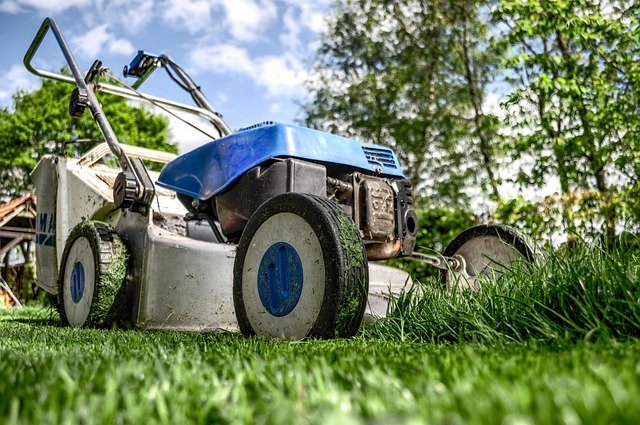How Sprinkler Systems Help Water Plants and Lawns Efficiently
Sprinkler systems are tools that spread water across gardens, lawns, and parks. They can cover large areas evenly, save time compared to using a hose, and make it easier to keep plants healthy and growing well throughout the year. There are different types of sprinkler systems.

What Makes Sprinkler System Installation Worth Considering
Professional sprinkler system installation involves careful planning and technical expertise to ensure optimal coverage and efficiency. The process begins with soil analysis and landscape mapping to determine water pressure requirements, pipe routing, and sprinkler head placement. Underground piping systems connect to main water supplies through backflow prevention devices, protecting municipal water systems from contamination. Installation typically requires trenching, which minimizes disruption to existing landscaping while establishing permanent infrastructure. Modern installations incorporate smart controllers that adjust watering schedules based on seasonal changes, rainfall data, and specific plant requirements, reducing water waste by up to 30% compared to manual watering methods.
How Irrigation Systems for Lawns Transform Landscape Health
Irrigation systems for lawns provide consistent moisture distribution that promotes deep root development and uniform grass growth. Unlike surface watering that often creates uneven wet and dry patches, properly designed irrigation delivers water at controlled rates that match soil absorption capacity. This prevents runoff while ensuring moisture penetrates to root zones where plants need it most. Lawn irrigation systems typically use spray heads for smaller areas and rotary sprinklers for larger zones, with each type calibrated to deliver specific precipitation rates. The consistency of automated irrigation eliminates the guesswork involved in manual watering, preventing both drought stress and overwatering that can lead to fungal diseases and shallow root systems.
Understanding Automatic Garden Sprinklers and Their Benefits
Automatic garden sprinklers operate through programmable timers and sensors that eliminate the need for daily watering decisions. These systems can differentiate between various plant zones, delivering appropriate water volumes to flower beds, vegetable gardens, and shrub areas based on their unique requirements. Drip irrigation components within automatic systems provide targeted watering for individual plants, reducing evaporation and ensuring water reaches root zones efficiently. Advanced automatic systems integrate weather monitoring technology that postpones watering during rainy periods and adjusts schedules during temperature fluctuations. This automation not only conserves water but also maintains plant health during travel periods or busy schedules when manual watering might be forgotten.
Exploring Landscape Watering Solutions for Different Property Types
Landscape watering solutions encompass various technologies tailored to specific property characteristics and plant selections. Sloped terrain requires pressure-compensating sprinklers that maintain consistent output regardless of elevation changes, while flat areas benefit from uniform spray patterns that prevent pooling. Large properties often combine multiple irrigation methods, using rotary sprinklers for open lawn areas and micro-spray systems for densely planted beds. Xerophytic landscapes designed for water conservation integrate moisture sensors and drought-resistant plantings with minimal irrigation systems that activate only during extended dry periods. Property-specific solutions also consider local water restrictions, soil types, and climate patterns to optimize both plant health and resource conservation.
Residential Sprinkler Systems and Homeowner Advantages
Residential sprinkler systems provide homeowners with professional-grade irrigation capabilities that were once limited to commercial properties. These systems increase property values while reducing long-term landscape maintenance costs through efficient water usage and improved plant survival rates. Home irrigation systems can be zoned to accommodate different areas such as front yards, backyards, and specialized garden spaces, each with customized watering schedules. Smart home integration allows remote monitoring and control through smartphone applications, enabling homeowners to adjust watering patterns from anywhere. Additionally, residential systems often qualify for water utility rebates in areas where conservation is prioritized, helping offset installation costs while contributing to community sustainability efforts.
Conclusion
Sprinkler systems represent a significant advancement in residential landscape management, offering efficiency, convenience, and environmental responsibility. From professional installation that ensures optimal coverage to automated controls that adapt to changing conditions, these systems address the complex watering needs of modern properties. Whether through comprehensive lawn irrigation, targeted garden sprinklers, or specialized landscape solutions, properly designed sprinkler systems create healthier outdoor spaces while conserving water resources. The investment in residential irrigation technology pays dividends through reduced maintenance time, lower water bills, and thriving landscapes that enhance property value and environmental sustainability.




